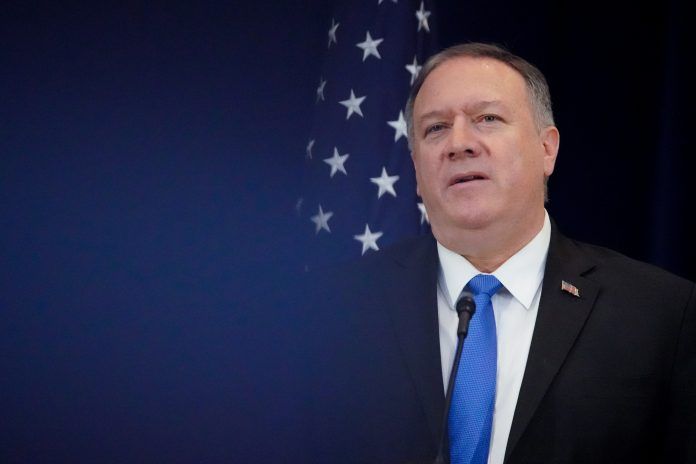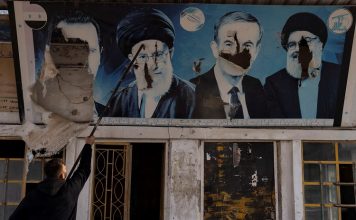
By Humeyra Pamuk
WASHINGTON, Dec 4 (Reuters) – U.S. Secretary of State Mike Pompeo on Friday said Iran was “desperately” signaling its willingness to return to the negotiating table to get sanctions relief, but warned against going easy on Tehran in such talks.
Tensions between Washington and Tehran have risen since 2018, when President Donald Trump abandoned a 2015 nuclear deal, and restored harsh economic sanctions to pressure Tehran into negotiating stricter curbs on its nuclear program, ballistic missile development and support for regional proxy forces.
U.S. sanctions have crippled the Iranian economy but so far have not led to the opening of a negotiation for a new nuclear deal between Iran and the United States.
In a virtual address to the IISS Manama Dialogue, a Middle East security summit, Pompeo defended Washington’s “maximum-pressure” campaign, which opponents have widely criticized as failing to change Tehran’s behavior while increasing hardships for Iran‘s people.
Investment in Iran Slumped to 15-Year Low in 2019, Report Shows
“We know our campaign is working because now the Iranians are desperately signaling their willingness to return to the negotiating table to get sanctions relief,” Pompeo said. He did not elaborate on what signals Washington has seen.
Pompeo warned against going easy on Tehran.
“In the event that they come to the table, and are only willing to talk about turning off a few (nuclear) centrifuges for a few months or a few years, the world should not find that satisfactory. … We ought to not cut short negotiation,” he said.
President-elect Joe Biden, who is set to take office on Jan. 20, has said he will return the United States to the Obama-era deal if Iran resumes compliance with the agreement.
The top U.S. envoy on Iran, Elliott Abrams, made similar comments on Thursday, saying Iran would be unlikely to retaliate over the assassination of a prominent nuclear scientist before Biden’s inauguration in case it jeopardizes any future sanctions relief.
(Reporting by Humeyra Pamuk; editing by Jonathan Oatis)





